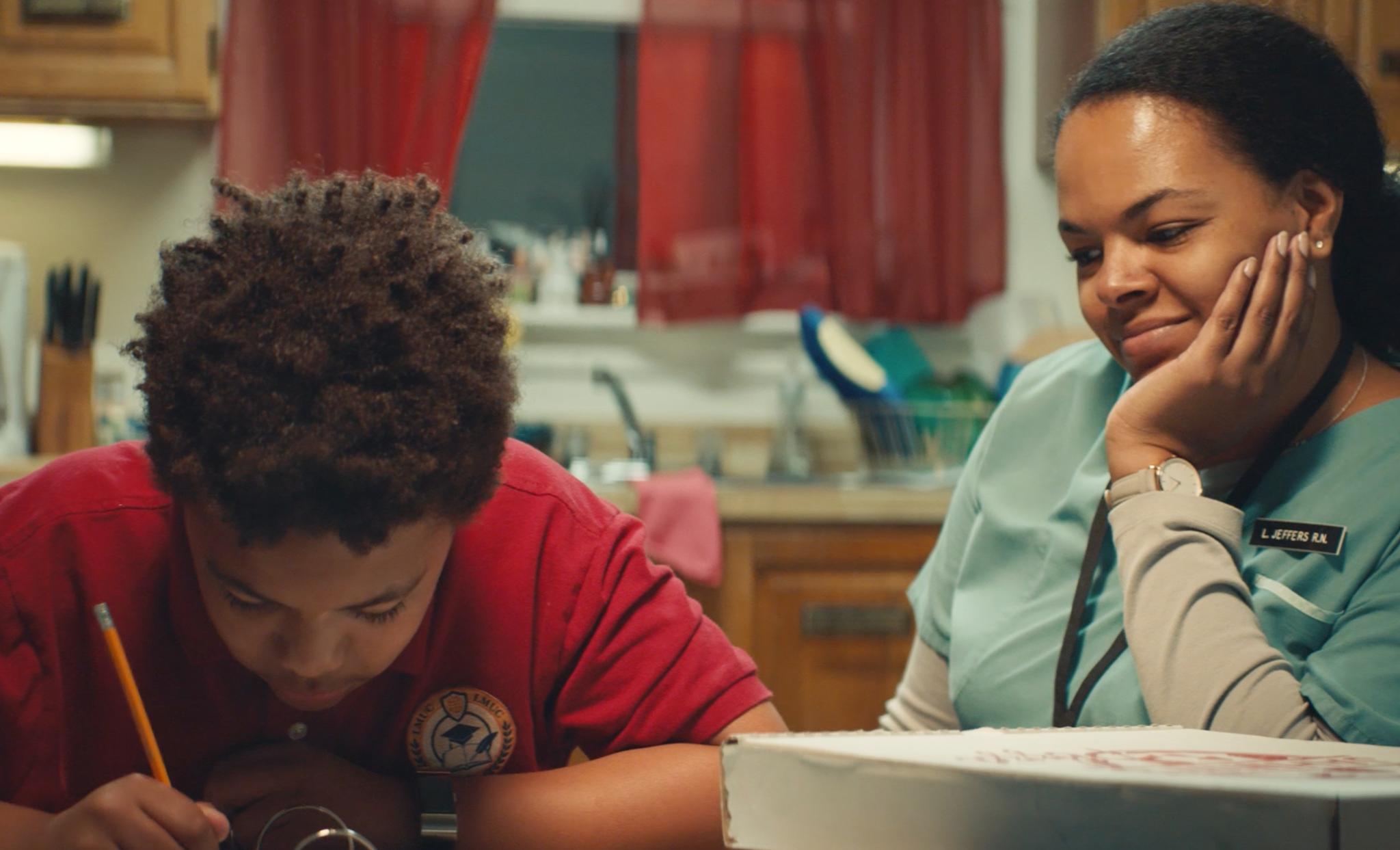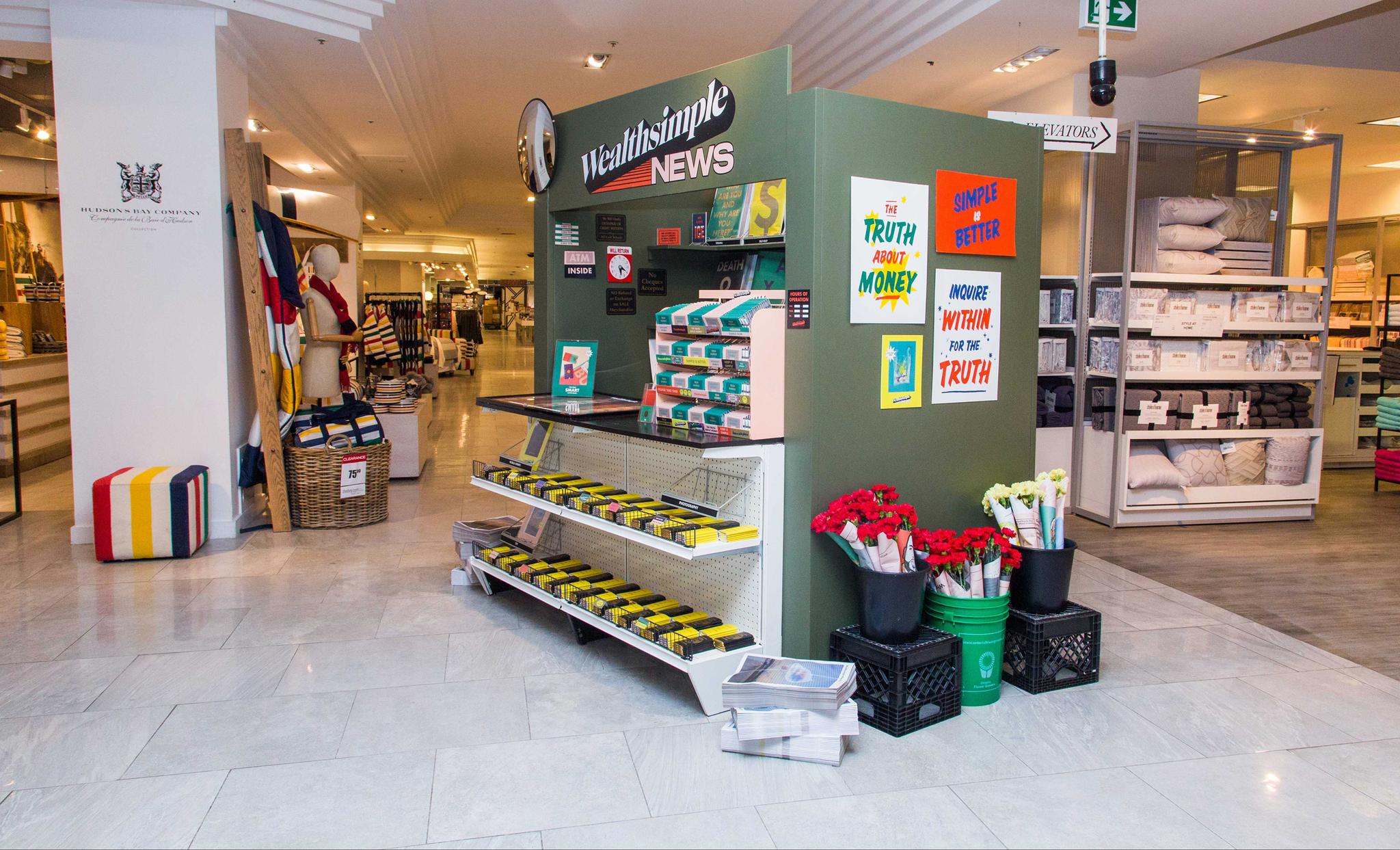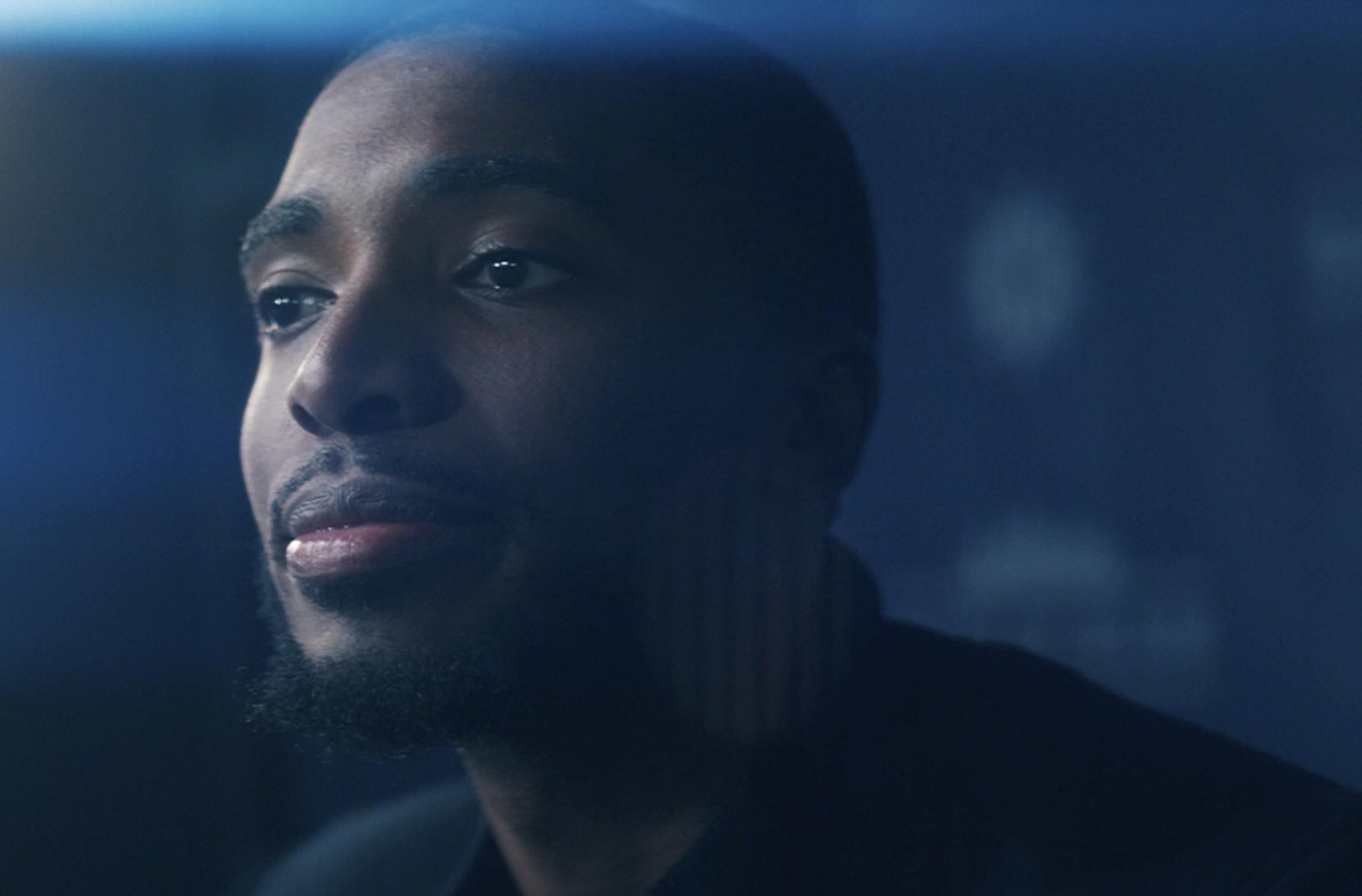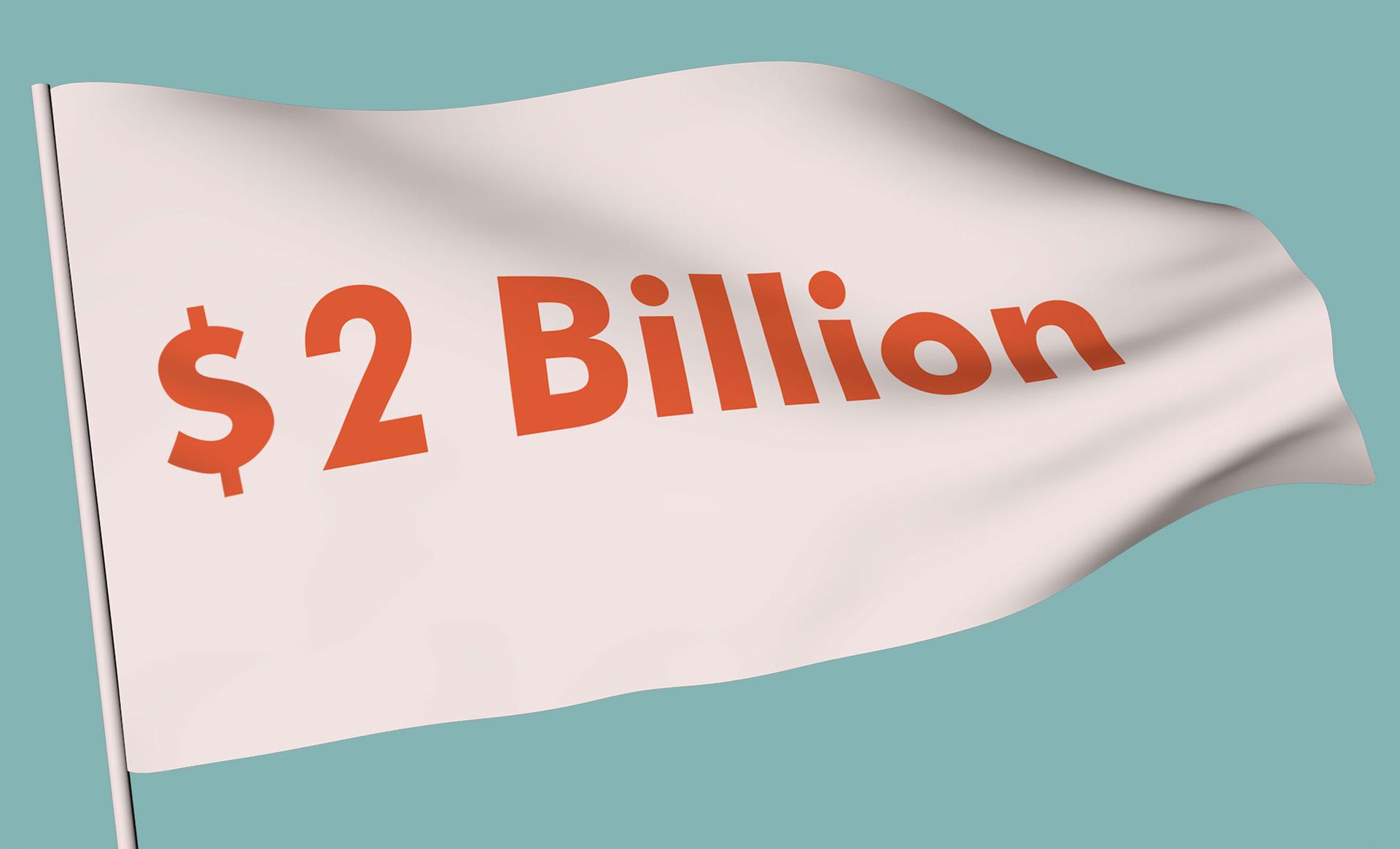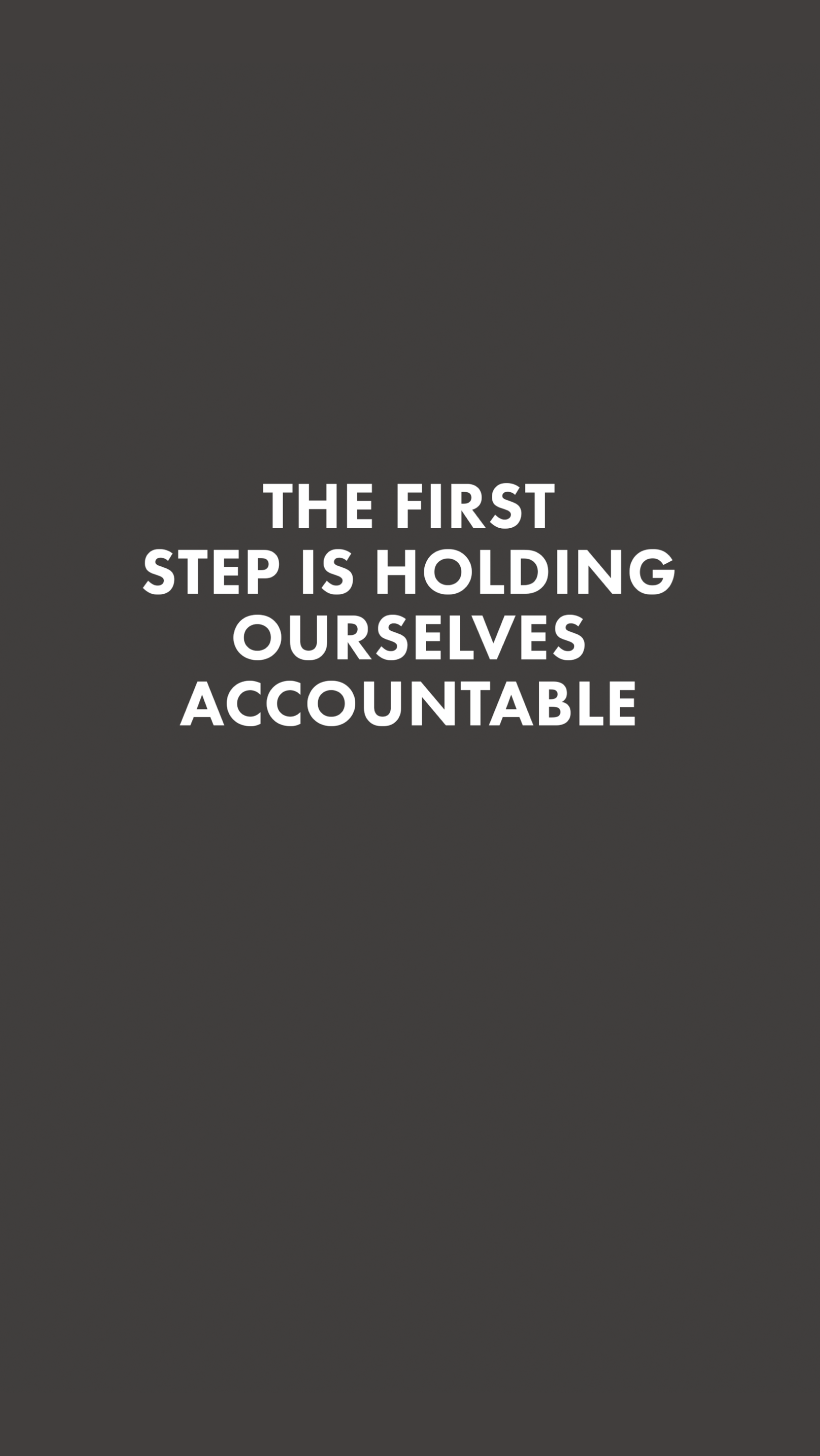
News
We Were Not Living Up To Our Principles. Here's What We Are Doing About It
We believe Black lives matter. We are committed to building a more diverse team, and to supporting our Black communities.
Wealthsimple makes powerful financial tools to help you grow and manage your money. Learn more
Back at the end of June, we published a set of commitments (you can read them below) about changes we wanted to make so our company—the people who work here, the things we make, who those things are for—becomes more inclusive and diverse. Part of our commitment was to follow up.
Here’s our first checkup, at two months out.
How we’ve begun changing the culture inside Wealthsimple
We brought in an expert on diversity and inclusion Annemarie Shrouder, a diversity and inclusion consultant and facilitator, has come on board as a consultant. She is working to educate our team (more on that below), helping us build a system to better measure our own diversity, and will work closely with our leadership team and our Diversity & Inclusion Committee to bring about change.
We’ve started a new education program New anti-racism training courses have been planned and will be offered to all employees. Leadership participation will be compulsory, as well as participation of anyone at the company who manages people.
We’re also introducing diversity and inclusion and implicit bias training for team members who interact with our clients — such as the Portfolio Managers who give financial advice and the Client Success team, who answer questions and troubleshoot problems.
Meanwhile, every new employee will receive diversity and inclusion training in their first week at the company.
We’ve improved how we measure our own diversity, and how we hold ourselves accountable
First, we have revamped our systems to evaluate ourselves. We’ll conduct quarterly surveys to measure race, ethnicity, and gender diversity on each team and at the leadership level, and we’ll use this data to identify gaps and monitor progress. We’ll also continue to run twice-annual Diversity, Inclusion, and Belonging surveys. We’ll share the results of these surveys to publicly hold ourselves accountable. And those surveys will inform how successful we have been at recruiting and hiring a more diverse team.
We’re investing in Employee Resource Groups
There are six Employee Resource Groups (ERGs) at Wealthsimple: BIPOC, Women of Wealthsimple, Engineering Women, Parents, Mental Health at Wealthsimple, and Rainbow (LGBTQI2S). We’re increasing our investment in the existing groups (with new budgets for resources and events), and developing some new ones. And each group now has executive sponsorship — a member of the leadership team is responsible for ensuring the group is represented within the company — and each group leader will be compensated for the additional work they do for the group.
How we’ve changed the way we interact with the world
We’re making our financial products and services more inclusive
We’re doing a better job of understanding exactly who’s using our products. We’ve started asking voluntary questions about gender and ethnicity in client surveys, which means we will learn more about who our clients are and what they need, and can ensure that our products and services are inclusive for everyone.
We're bringing in new, diverse voices to make our ads and our content
After an audit of our advertising and content makers, we realized we needed a far more diverse group of voices to reflect the community we live in and the organization we want to be. So our magazine is committing to a minimum of 20% of BIPOC writers and illustrators in the next 12 months, a proportion we plan to increase over time. Our brand team is committing that 15% of the crew making our ad campaigns will be BIPOC, and the actors we cast in our commercials will be representative of the diverse community of clients we serve.
We'll share an update on our progress by January 11, 2021. We'll also publish the results of our next employee diversity & inclusion survey in April 2021, and annually every April thereafter.

Sign up for our weekly non-boring newsletter about money, markets, and more.
By providing your email, you are consenting to receive communications from Wealthsimple Media Inc. Visit our Privacy Policy for more info, or contact us at privacy@wealthsimple.com or 80 Spadina Ave., Toronto, ON.
June 29, 2020
We live in a different world now than we did a month ago. The death of George Floyd, yet another Black person killed at the hands of police, was the catalyst that caused great swaths of our society to wake up and demand change. Inside Wealthsimple, this last month has been one of learning — and unlearning. We’ve taken a critical look at ourselves, the ways we have been part of the problem, and what we need to do better.
As part of this reckoning process we have begun to identify the ways we’ve fallen short of the standards we set for ourselves when the company was founded. We wanted to share some of those with you here.
The Results of our Diversity and Inclusion Study
In our charter and Culture Manual, we state clearly that central to our mission is to be a company that reflects the diversity of our community. That principle is not only important for building a just society, but vital to our goal to create powerful financial tools for the many, and not just the few.
To that end, we’ve conducted two voluntary, internal surveys to measure our own diversity and the sense of inclusion employees feel. The reason they are voluntary is that requiring employees to complete the survey feels counter to its spirit. Our first survey was commissioned in 2018, and though the data left a lot of room for improvement, we made the results public. Our second survey was commissioned earlier this year, and we are now making the results public.
It shows that we’re not moving to meet our goals fast enough and that in some areas we’re not making any progress at all. That point is especially clear when it comes to our lack of Black team members and decision makers.
Here are the results, grouped into the race/ethnicity categories employees self-selected:
White (62%)
East Asian (11%)
South Asian (9%)
Not Specified (6%)
All Others (4%)
Latin American (3%)
Southeast Asian (3%)
Arab (2%)
Our board, which isn’t measured by the Diversity + Inclusion survey, has also lacked diversity. Currently, only 2 of 10 members are women; 2 members are POC; 0 members are Black. We must do better.
There’s an important asterisk to our survey. Only 76% of employees completed it, which, though this is above average for these types of surveys, is nonetheless a problem. It’s impossible to get an accurate picture of our workforce, and our diversity, without a figure much closer to 100%. There is also a glaring absence of data on Black employees. That’s because fewer than 5 employees identified themselves as Black in the survey. Which means we have very few Black team members, but it also means that some of our Black team members didn’t feel comfortable completing our survey. That’s in part because, in a workplace that lacks diversity, this survey functionally ceases to be anonymous. If there are only two Black female employees, it’s hard to see how you wouldn’t be identified.
That just underlines the truth that the changes we need to make are substantial.
How We Are Changing Our Team and Our Culture
This is going to be a process, and we’ve just begun. This is where we are now.
We’re making changes to our recruiting and hiring practices
We can’t change the makeup of our team without changing the process we use to hire people. Like a lot of tech companies, we’ve relied heavily on referrals. This will change. Instead, we will spend the time and resources to seek diverse candidates outside of our networks.
We will hold ourselves accountable not only to hire a more diverse team and have more Black team members, but to bring more diverse voices into our decision making processes and have more Black team members in leadership positions.
We’re also bringing in experts to help educate our workforce
Our leadership teams will now participate yearly in anti-racism, unconscious bias and diversity + inclusion training. All other employees will also be encouraged to take part.
We will work to build trust
Lack of diversity is a feedback loop. When you don’t have many Black employees, for instance, you become a less desirable place for prospective Black employees to decide to work. Another key component of building trust is to hold ourselves accountable to the commitments above. So we will be transparent about how and if we’re fulfilling them. Which brings us to the next point.
We will be transparent about how we’re meeting our goals
We will increase the frequency of our diversity and inclusion survey to be annual. And we will publicly release that data every year.
We will also work to build an environment where everyone feels comfortable participating in these surveys, especially our BIPOC employees. This will come not just from better recruitment and hiring practices which will change the makeup of our team, but by fostering a culture of trust.
How We Are Supporting Our Black Communities
We also recognize we haven’t been doing enough for our Black communities in Canada. Again, this will be a long process, but here’s where we’re starting.
A $25,000 Donation to Black Health Alliance
The Black Health Alliance is an organization based in Toronto dedicated to improving the health and well-being of Black communities in Canada, which are fighting two profound health crises - COVID-19, which disproportionately affects the Black community, and living in systemic racism. This is an organization that provides crucial help to lessen the impact of these crises.
We don’t believe making a donation is, in itself, enough. But we know that the Black Health Alliance was better positioned to help the Black community right now than we were.
We will work with a more diverse set of creative partners
Our marketing and advertising work has relied too heavily on white creative partners. We’re committed to amplifying the voices of Black, Indigenous, and People of Colour, in the stories we tell in our Magazine, and in finding artists, directors and writers with whom to partner to make our advertising and marketing work. Our first step will be to conduct a diversity audit of our partners, past and present. From there, we will set measurable quotas for our work moving forward and share them with you in our next update.
The Wealthsimple Foundation Will Now Manage, for Free, All RESP Accounts for Families that Qualify for the Canada Learning Bond
We founded the Wealthsimple Foundation in 2018 to help marginalized Canadian children get access to one of the most powerful levers for empowerment: higher education.
More than 1,600 children have received the Canadian Learning Bond money through the Foundation since then. Our goal is to work with community partners (like Pathways to Education and SmartSAVER) to help 100,000 children open an RESP account over the next 5 years.
Change, when it’s meaningful, can be slow-moving. In the midst of making the decisions we’ve talked about above, we’ve also started a Diversity Task Force made up of our Chief Executive Officer (Michael Katchen), Chief Financial Officer (Leen Li), Chief People Officer (Marina Harris), and six members of our team who have different lived experiences. This is just the start. We will keep you informed about what we do next, and we pledge that you will hear from us again by August 31, 2020.
Wealthsimple's education team is made up of writers and financial experts dedicated to making the world of finance easy to understand and not-at-all boring to read.
